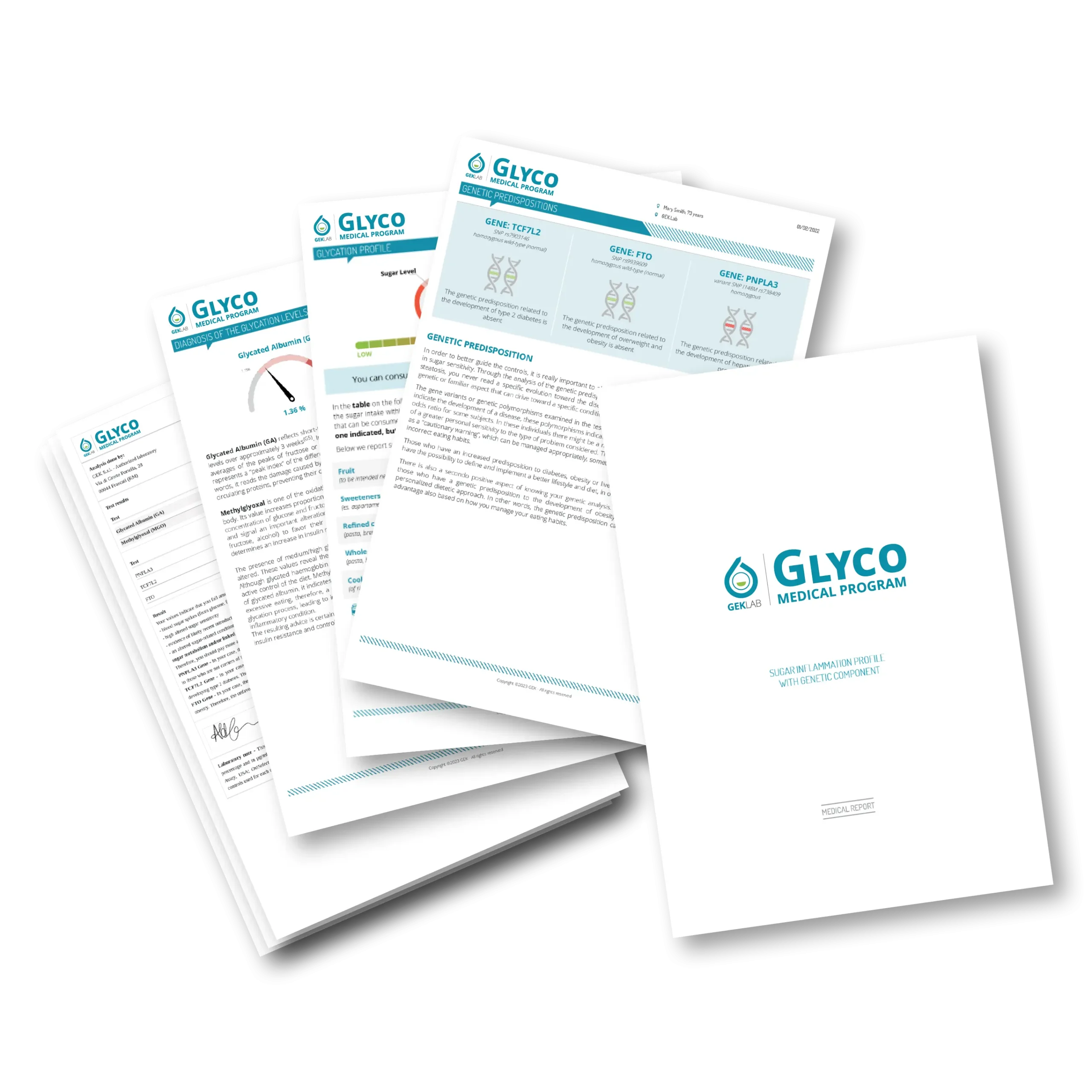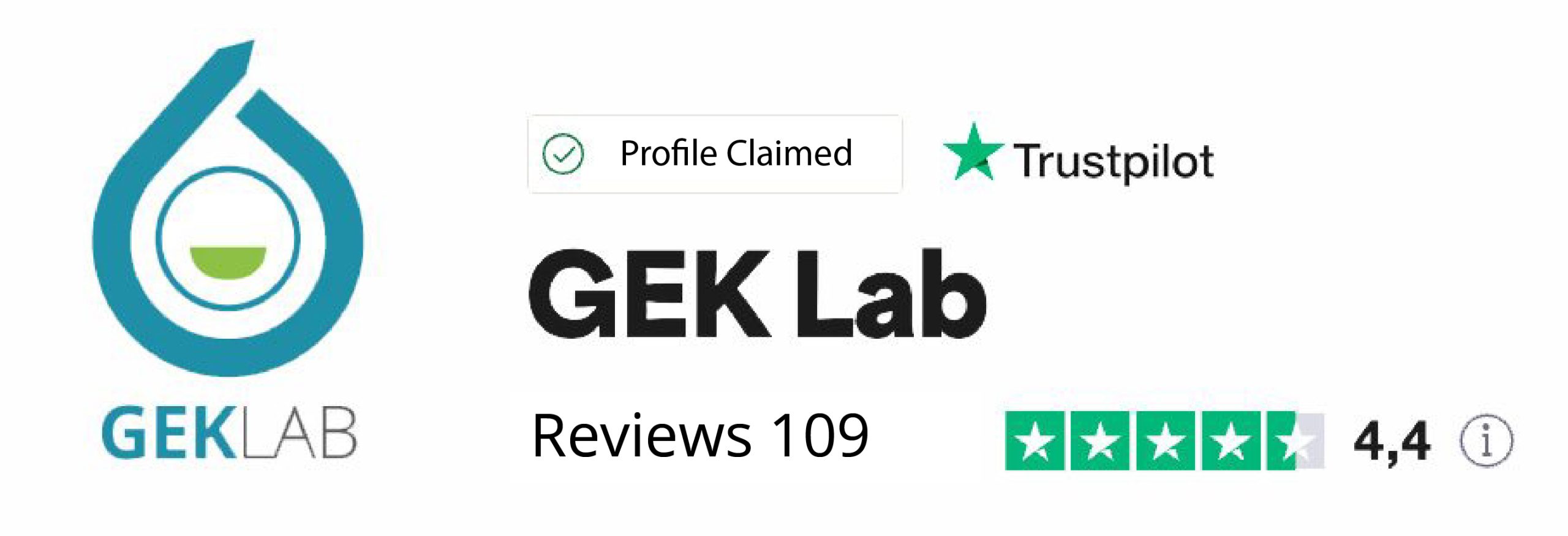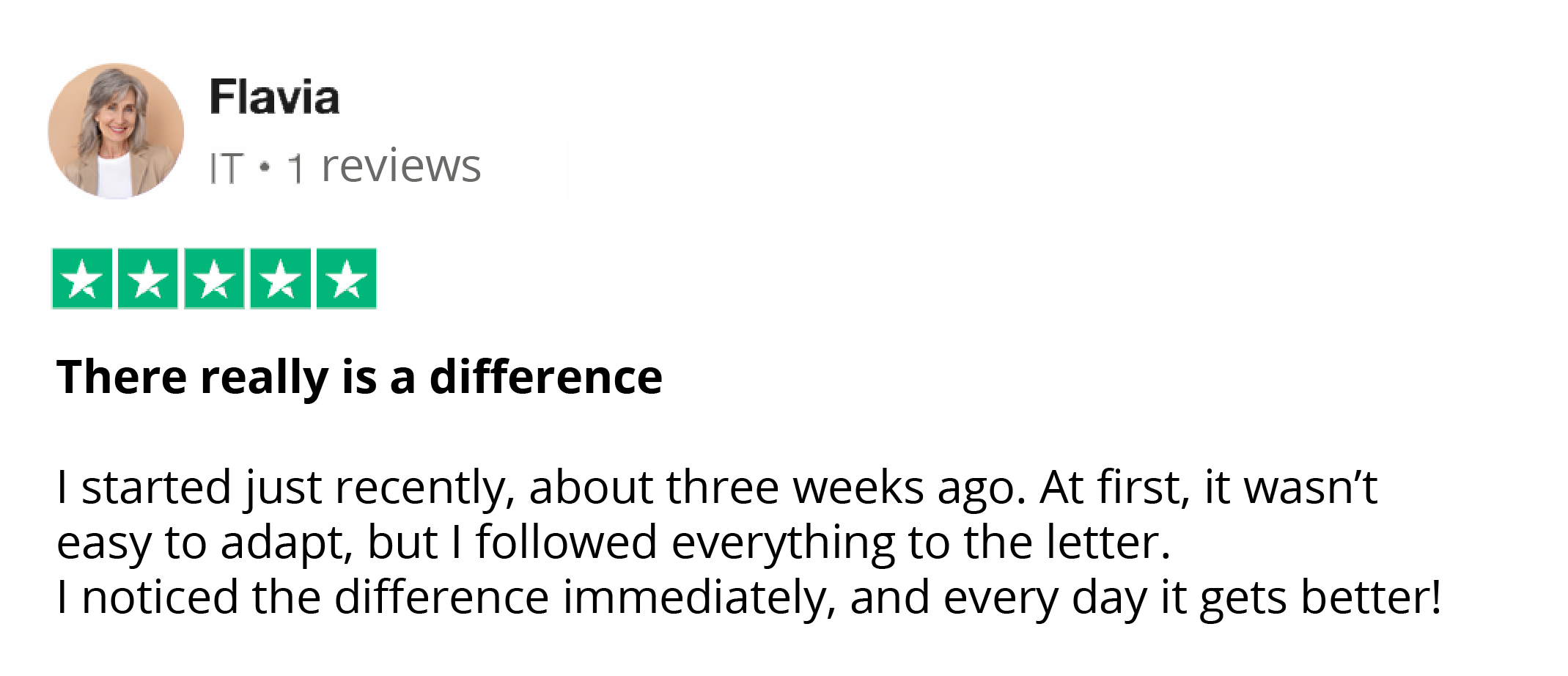Hepatic Steatosis (Fatty Liver)
Prevention and treatment
Hepatic steatosis, or fatty liver disease, is the most common liver condition in the world. One in three adults is affected.

- It is a condition in which fats (triglycerides) accumulate in liver cells.
- It can lead to more serious diseases such as cirrhosis, liver failure, and an increased risk of liver cancer.
- SolitameIt usually does not cause symptoms in the early stages.
- It can cause fatigue, digestive difficulties, nausea, and difficulty losing weight (related to metabolic syndrome).
- For a long time, it was believed to depend on a diet high in fats
- Today we know that it is mainly caused by an excess of sugars, particularly excessive consumption of fructose
- Individuals carrying a mutation in the PNPLA3 gene are more predisposed to hepatic steatosis.
- High levels of methylglyoxal, a biomarker of oxidative stress in the body, are associated with the development of hepatic steatosis
If you suffer from obesity or overweight, or if there are cases of fatty liver and diabetes in your family, prevent silent liver damage with Hepato Screen.
Address it with Glyco Medical Program

Simple test, clear results
- Sugar-related inflammatory state (Methylglyoxal)
- Alterations in the PNPLA3 gene, indicating a predisposition to developing hepatic steatosis
- If you are consuming an excess of sugars or alcoholic substances
- Your risk of developing hepatic steatosis







How does it work in practice?
Fill out the form and you will conveniently receive your personal kit at home, with everything you need to perform the test
The kit contains a clear, illustrated guide. The sample collection is simple, quick, and non-invasive: it only takes a few minutes
NellaIn the package, you will find a prepaid envelope for free sample pickup. We take care of everything.
In about 7 days, you will receive a complete medical report by email, highlighting the food groups that contribute to inflammation. Along with the report, you will also receive personalized dietary advice to improve your diet and address the symptoms.

Frequently Asked Questions
Yes. The test was developed by GEK Lab and is performed in its own laboratory. It is based on innovative and clinically validated biomarkers, selected from the most recent scientific evidence.
The test measures individual predisposition to steatosis (fatty liver) and the inflammatory state caused by sugars, which are among the main contributors to fatty liver disease. It provides a much more accurate and useful analysis for any further nutritional assessment.
Hepato Screen is currently used by physicians and nutritionists throughout Italy to personalize dietary therapies with a scientific, safe, and validated approach.
No, a medical prescription is not required.
The test can be ordered directly online and will be conveniently delivered to your home, along with all the instructions to collect the sample easily and safely.
However, if you are under the care of a doctor or nutritionist, you can share the test results with them to integrate the data into your treatment plan.
The report is clear, detailed, and designed for clinical use as well.
Methylglyoxal is an early indicator of metabolic alterations that precede the development of diseases such as fatty liver, diabetes, and dyslipidemia. It can signal these issues while they are still in the early stages and more easily reversible.
No. A genetic predisposition does not determine your fate. A balanced diet and a healthy lifestyle can prevent the onset of steatosis even in the presence of PNPLA3 gene alterations. Most liver and metabolic changes are asymptomatic in the early stages. Hepato Screen is particularly useful as a preventive tool, allowing you to identify risks before obvious symptoms appear.





